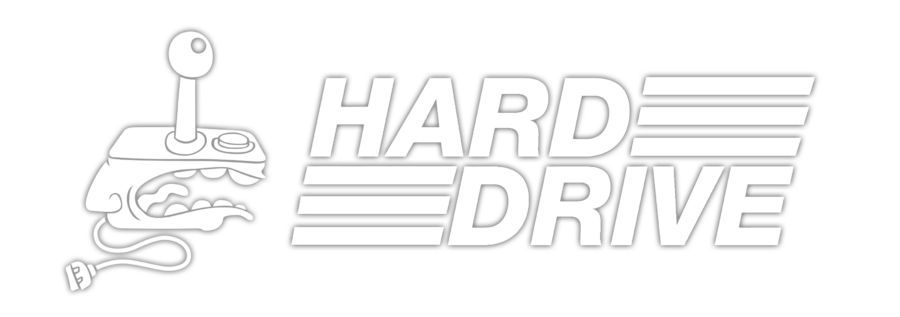PHILADELPHIA — Scientists have warned users off Kickstarter this week after revealing the popular crowdfunding site is now the leading cause of getting sad little packages in the mail in three years, sources report.
“I was combing through the yearly data on depressing, over-taped parcels arriving at your doorstep sometime in the next two to six years, when I made a concerning discovery,” said trends forecaster Aimee Rorke. “Turns out, we’re seeing record numbers of crumpled, gut-wrenchingly earnest little packages with enclosed thank you notes and a complementary sticker that’s going right in the trash, but not from the usual suspects. eBay, Etsy, care packages from a try-hard relative— those are all still contributing factors, but the numbers don’t lie. This influx was coming from somewhere else: Kickstarter.”
“Most people think of Kickstarter as the crowdfunding website that allows creatives to fail publicly and at a scale previously thought impossible, but it’s actually much more than that,” Rorke continued. “On the contrary, it’s more useful to think of Kickstarter as a well-oiled machine that turns $40 into comically undersized packages with several years of delays. We’re talking packages with one massive, squished-in corner. Mail bomb-ass packages. Packages that look like they’ve been thrown out of a plane but are far too personalized to have been delivered to you accidentally.
“Then there’s that second factor: time. See, the timescale we use to measure most deliveries in the United States is incompatible with this recent spike of packages. That’s because Kickstarter rewards operate on what scientists call ‘Deep Time’, which is used to measure things like the shifting of tectonic plates or someone explaining the rules of a board game. In short, a sad little Kickstarter package can arrive anywhere between one and seven years after you threw your money in a hole, if it arrives at all. That’s a scary thought, and one backers are experiencing more and more often as this phenomenon grows.”
Even as the link between Kickstarter and the UPS man handing you a lumpy manilla envelope with no label to speak of becomes irrefutable, frequent backers report they’ve already started growing accustomed to the chaos inherent in the crowdsourcing cycle.
“The risk is part of the charm,” said Samantha O’Hare, a backer whose likeness has been immortalized on cards in at least twelve different extinct TCGs after donating to their highest reward tiers. “It’s like gambling with slightly better odds. I ante up, spin the big wheel, and who knows? Will the project get funded? Will my branded pins, digital wallpapers, two posters, and starchy t-shirt get stuck in a production timeline that lasts my entire adult life? Or will I receive a weather-beaten little box on my doorstep in three years when I’ve completely turned my life around and it gets me hooked on backing again? You don’t know until you spin!”
Following publication of the concerning data, Kickstarter released a statement hoping to quell user anxieties about their infamously hands-off approach to rewards fulfillment.
“We at Kickstarter remain deeply proud of the platform we’ve built together with our community,” the statement read. “Kickstarter can be the first or final rung on the ladder to independent success. It’s a place where the biggest projects can take that last step to production and distribution. It’s a place where even the smallest creative voices can find an audience. A place where we have bulletproof liability, so don’t even try it. But more than that, it’s a community where you can watch the light fade from a creator’s eyes in real time as their campaign fizzles into anonymity.”
“All those things make Kickstarter what it is, and what it is isn’t perfect,” the statement continued. “But neither is art. Art is messy. Art is imperfect. Art is a decades-long struggle between the needs of self and the expectations of others. Sometimes you put it all out there and no one shows up. No one reads, watches, backs. Sometimes you succeed, but more often, the best you have in you is getting back up. Sharpening your pencil. Wetting your brush. Because the best revenge in a society where the artists are condescended and undervalued is to keep giving yourself to the world. Sometimes, you fail. Sometimes the world gets nothing. But sometimes—sometimes—the world gets a little package. And that’s enough.”
At press time, Kickstarter requested that further inquiries be directed to a customer service representative, who would get back to users within three to five business years.




